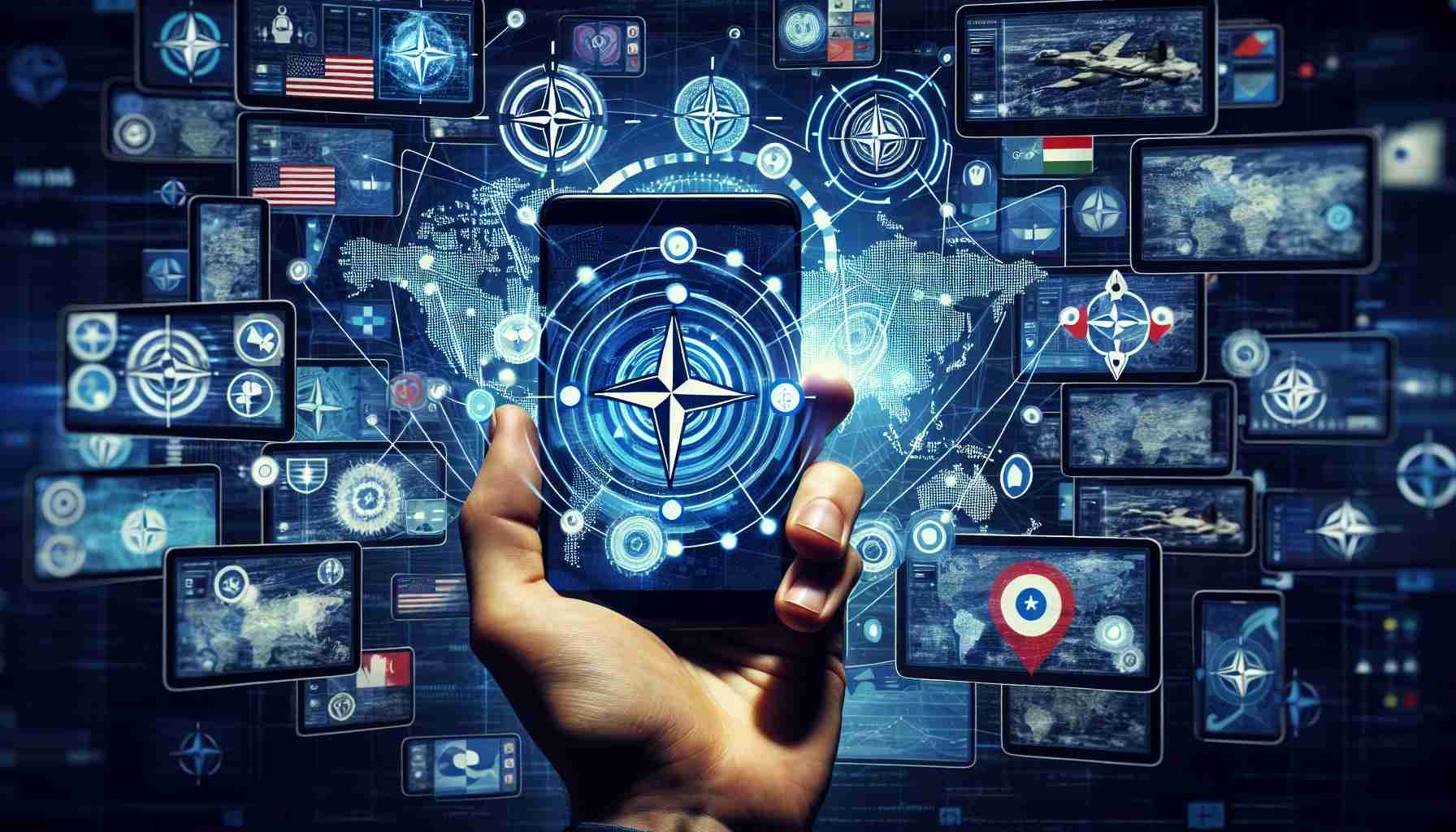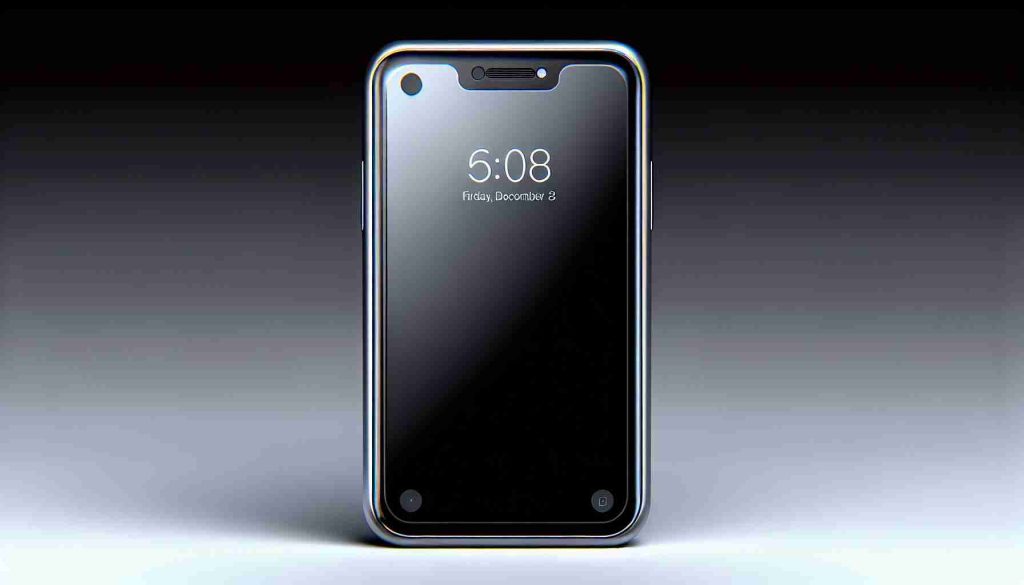In an era where technology is reshaping every aspect of modern life, including defense strategies, NATO is pivoting towards an innovative future, leveraging smartphones to enhance its strategic operations. As a cornerstone of global security, the North Atlantic Treaty Organization is integrating advanced mobile technologies to bolster its defense capabilities and streamline its internal communication networks.
Smartphones as Strategic Tools: Smartphones, traditionally viewed as consumer technologies, are being reimagined by NATO as vital components of its defense toolkit. These devices now offer a plethora of capabilities, from encrypted communication to real-time data sharing, which are essential for coordinating complex international military operations. NATO’s investment in secure mobile applications ensures that military personnel can access mission-critical information while on the move, allowing for faster decision-making and more adaptive responses to emerging threats.
Enhancing Cybersecurity: With cyber threats becoming increasingly sophisticated, NATO recognizes the importance of protecting its communication networks. Smartphones equipped with advanced security features are crucial to shielding sensitive information from potential cyber intrusions. NATO is collaborating with tech companies to develop smartphone software that adheres to military-grade security standards, thereby maintaining the integrity of its defense strategies.
Looking Ahead: As NATO continues to embrace mobile technology, the organization anticipates a future where smartphones play an even more integral role. From facilitating virtual collaboration among member states to conducting training simulations, smartphones are set to revolutionize NATO’s operations, ensuring that the alliance remains agile and responsive in a rapidly evolving digital landscape.
The Unseen Risks and Rewards: NATO’s Smartphone Strategy
In the ever-evolving domain of defense technology, NATO’s strategic pivot to incorporate smartphones into its operations unveils both groundbreaking possibilities and significant challenges that extend far beyond military circles, impacting communities and national policies.
The Impact on Global Communities: As NATO integrates cutting-edge mobile technologies, its success or failure could set a precedent for other international defense organizations. This technological shift has prompted numerous governments to reconsider how tech advancements can be adapted for national security. Yet, what does this mean for everyday citizens? Enhanced security measures could lead to improved safety across borders; however, the widespread use of digital surveillance raises concerns about privacy losses. Citizens are asked to weigh the benefits of security against potential intrusions into personal life.
Balancing Security and Freedom: The adoption of smartphones by military organizations has sparked debate over cybersecurity and personal data. How secure is secure enough? Even with military-grade encryption, there’s always a risk of breaches, potentially jeopardizing sensitive information not only of military personnel but also of civilians. Despite these risks, the collaboration between NATO and tech firms has led to breakthroughs in encryption, contributing to enhanced overall cybersecurity awareness globally. For more details on tech advancements in defense, visit https://www.nato.int.
Technological Dependence: A Double-Edged Sword? While smartphones enhance operational efficiency and communication, they also introduce a dependence on technology that could be problematic if systems fail. This dependence compels member states to invest further in infrastructure and cybersecurity, raising questions about the sustainability of such practices. Could reliance on technology make military forces vulnerable to unprecedented types of warfare?
As NATO leads this tech-centric transformation, the implications of a smartphone-driven strategy continue to unfold, influencing not only military strategies but resonating through societal and global policy frameworks.




















